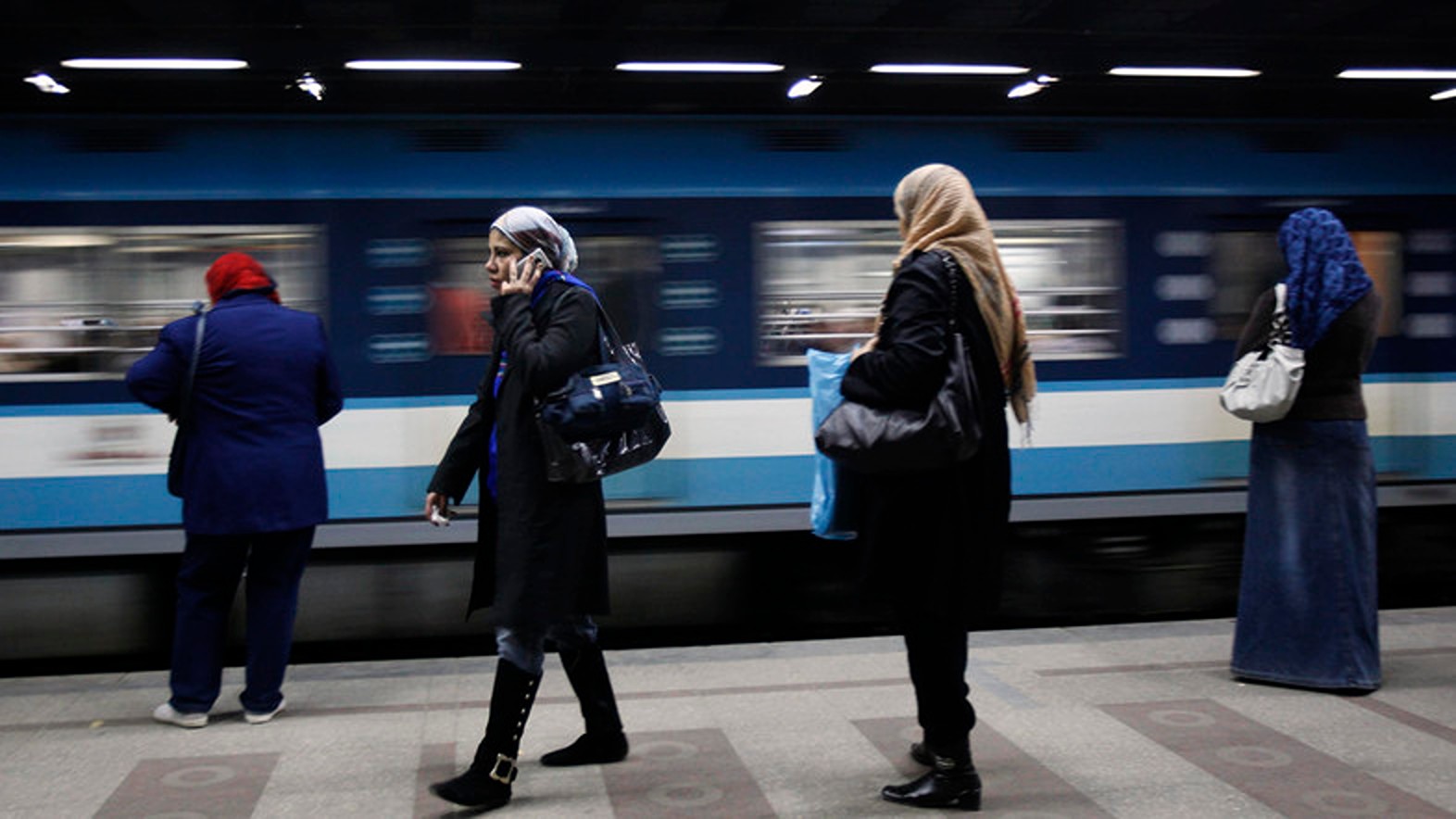The pursuit of wholeness has often been entwined with the harmonious integration of mind, body, and heart. This connection, often deemed essential for complete selfhood, has been used by society to label “spinsters” as incomplete individuals.
But, can literature offer a deeper exploration of wholeness, challenging the notion of a singular, definitive “complete self” and embracing the ambiguity of human existence in and of itself?
Typically depicted as shrouded in mystery, the spinster figure has been a recurring muse for writers throughout history. However, many of these one-dimensional portrayals often erased the complexity and independent agency of unmarried women.
The spinster’s story usually begins and ends with her singleness, rather than the richness of her selfhood and being. Yet, in Reem Bassiouney’s novel, Professor Hanaa (2008), Bassiouney rewrites the spinster figure through a deeper exploration of the human experience, revealing that self-fulfillment thrives on individual journeys rather than societal expectations.
In the realm of Arabic literature, where characters often serve as symbols of a particular region, culture or religion, Bassiouney’s writing stands out as a breath of fresh air. Her women are far from mere symbols of a specific Egyptian context; they are multifaceted individuals, each grappling with their own unique desires, anxieties, and struggles.
Throughout history and across various cultures, unmarried women have often been viewed with suspicion. In 2016, the National Security Council in Egypt declared that the “issue of spinsters” is a matter of national security that requires attention. In Egyptian films, the portrayals often fall into two extremes: the beautiful but “unlucky” spinster and the unattractive figure desperate to find love.
Research on Egyptian films has also shown that the association of “spinsterhood” with specific actresses known for playing unattractive or foolish characters further entrenches the harmful stereotype.
Bassiouney’s novel, however, dives headfirst into the intricate mosaic of the character’s reality, piecing together the diverse experiences and challenges one can face.
From the very first few chapters, Bassioney does not question why Hanaa, the protagonist, is a spinster, or the reasons for her status, but rather looks at the intricate details that shape her identity: the cherished cabinet guarding her memories, the sixties furniture reminding her of her mother’s love, the shadows of past decisions that linger in her mind, and the unexpected glint of childlike innocence amidst her sharp intellect and success.
Bassiouney’s novel does not present the mind, heart, and body as harmonious or in conflict, but rather as distinct forces that take turns in shaping Hanaa’s life journey.
In one section, the reader is overtaken by her fervent emotions, and how her heart aches for her lost love. In another, we witness the power of her physical desires, dictating her actions and choices. And in yet another, we delve into the maze of her mind, where she grapples with past decisions and daydreams of alternate realities.
Rather than focusing on the illusion of control over our destinies, the novel’s main theme delves into the profound impact life has on our journeys. The recurring question, “what has life done to you?” that is repeated in the novel when meeting past friends or loved ones, acts as a potent reminder of the power of connection and shared memories.
In essence, the entire narrative unfolds through seemingly simple conversations – family reunions, reunions with old friends, or intimate encounters with lovers – where the desire to understand the human story transcends societal labels and judgments.
By the end of the novel, the reader delves deeper into Hanaa’s humanity to discover her true wholeness. Her wholeness lies not in some manufactured harmony between her mind, body, and heart to become what society labels as a ‘complete individual’, but in the messy embrace of her imperfections.
The reader finds solace not in some neatly compartmentalized version of herself, but in the very real, chaotic, and profoundly human journey she undertakes.







Comment (1)
[…] post Unheard Experiences of Egyptian Single Women: Review of Reem Bassiouney’s Novel ‘Professor Hanaa… first appeared on Egyptian […]